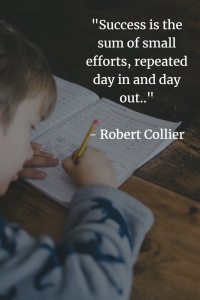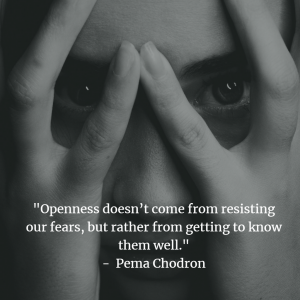Deepening Connection with Your Child in the New Year

Happy New Year to you and your family as you embark on the journey of 2024. As we reflect on the past year and anticipate the possibilities ahead, let me encourage you to focus on getting to know your child more intimately. Each child is unique, communicating in their distinct way. The psalmist beautifully expressed gratitude for being fearfully and wonderfully made, emphasizing the uniqueness of each individual. Even if you have more than one child, it is crucial to recognise that each child communicates uniquely. As parents, it is our responsibility to understand and communicate with our children individually, akin to tuning into different radio frequencies to receive distinct broadcast stations.
During the Christmas season of 2023, I watched “The Accountant,” a Netflix film, and a poignant quote stood out: “Your son is not less than; he is different. Your expectations for your child may change over time.” Allowing the world to set expectations for your child can result in setting them low. Your child may be capable of more than you know, and it is our role as parents to discover and support their potential. Similar to the sentiment expressed in the quote, we need to collaborate with our children in setting expectations across various ages as we nurture them. This responsibility should not be delegated to the world, especially considering the challenges posed by the internet and social media, which can breach the boundaries we set to protect our children.
While I am not a communication expert, I believe the following suggestions can assist parents in understanding and communicating with their children:
Ensure Consistent Communication:
- Ensure that your verbal communication aligns with your actions to avoid giving mixed signals or conflicting priorities.
- Actively listen to your child, fostering an environment where they feel understood and supported in coping with life’s challenges.
- If your children feel unheard, they might handle things on their own or follow the examples of friends or the internet, impacting their ability to communicate and affecting their emotions.
Minimise Distractions:
- Avoid getting distracted, especially as our lives are intertwined with phones constantly pinging with calls, messages, and social media updates.
- Be empathetic during conversations, giving full attention, and using positive body language to create a conducive atmosphere for open communication.
Conscious Effort to Be Present:
- Practice being present with your child by making a conscious effort to engage with them in various settings, offering informal check-ins to encourage them to share thoughts and feelings.
- Make a conscious effort to be present at different places, times, and contexts for your child. This creates a non-intrusive environment to engage with your child, allowing them to feel comfortable discussing even mundane things.
- Engage in activities together as this provides an opportunity for indirect communication, taking the pressure off talking about specific issues while focusing on a shared task.
Emotional Management:
- Maintain a level head when listening or talking with your child, as managing your emotions positively contributes to building trust and encouraging honesty.
- Your child may share unexpected or potentially troubling information. How you manage your emotions in these moments can build or break down future lines of communication.
- Try to control your emotions, avoid appearing shocked, and refrain from immediate judgment. You can address concerns or outcomes later while keeping your cool.
Helping Manage Expectations:
- To work with your child in managing expectations, nurture their emotional intelligence and help them understand the difference between how they feel and what they do.
- When your child expresses feelings, seek to address the underlying issues, not just the symptoms. For example, if your child says, “I don’t like John,” inquire about the situation rather than escalating it. Ask, “It sounds like John did something that upset you today. Do you want to talk about it?” This approach shows that you are listening and helps your child label their feelings.
In conclusion, understanding, listening, and talking with your child are age-dependent and evolve as your child grows. Effective communication requires adapting your styles and behaviours to be appropriate for their age and interests. Getting to know your child more this year through rewarding interactions involves understanding how they communicate and tailoring your communication to resonate with their individuality.





